If you’ve got a holiday home in Wales then you’ll undoubtedly have plenty to shout about to your prospective guests; rugged coastline, heritage, beautiful blue seas and sandy beaches make up just some of the many reasons tourists flock to the 870 mile coastal path that flanks the country each and every year.

Here are a few things you might not know about the Welsh coastline…
- Over 43 million visits are made to the Wales Coast Path every year.
- Walkers along the Coast Path are estimated to spend nearly £550 million a year.
- 47 beaches in Wales were awarded Blue Flag status in 2018 – more than anywhere else in the UK.
- It would take about two & a half weeks to walk the 186 miles of Pembrokeshire coastline
With all of this on your doorstep, how do you make sure that those browsing for their next holiday know everything the local area and coastline has to offer?
The Wales Coast Path has put together a free online resource which gives coastal businesses in the country wide access to a range of resources aimed at promoting the welsh coast as a destination.
You can find a copy of their toolkit on this link:
We’ve had a good read and it’s incredibly thorough – here are just a few of the things you could and should be taking advantage of as a coastal business in Wales…
Make use of their library of images
If you’ve got an incredible coastline, one thing you’ll definitely want is for your potential guests to see it! The toolkit includes a large gallery of professional images that can be used to promote the local area and coast path, so be sure to make the most of them in your social media and newsletters, as well as on your website.
You can find access to their gallery on page 9 of the toolkit.
Take advantage of technology
The coastline isn’t just about breath-taking views and scenery; buried beneath the sand and stone is centuries of Welsh heritage and history. Your guests won’t miss a thing with the new Wales Coast Path App, designed to keep children and families entertained and informed as they make their way along the coast. Here’s a taster of how the App can get your guests inspired by the stories and secrets of the coastline…
Attracting the dog-friendly market
There are 12 million dog owners in the UK and there’s nothing our furry friends love more than to hit the great outdoors with the excitement and vigour only a dog knows how to! The good news is that the coast path is open to a man’s best friend as long as they’re kept on a lead, so the dog friendly market is certainly one you need to be tapping into.
The Coast Path Toolkit highlights a number of ways you’ll be able to attract dog owners to the area, including badges you can place on your website showing you openly welcome dogs. To download a copy of the Toolkit please visit the Wales Coast Path website here:
Boshers offer specialist holiday home insurance to owners across the UK. Need an insurance quote for your holiday let? Give us a call on 01237 429444.



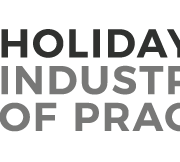

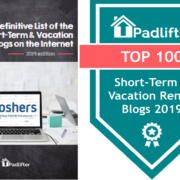
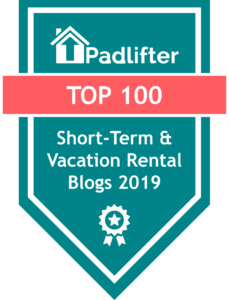
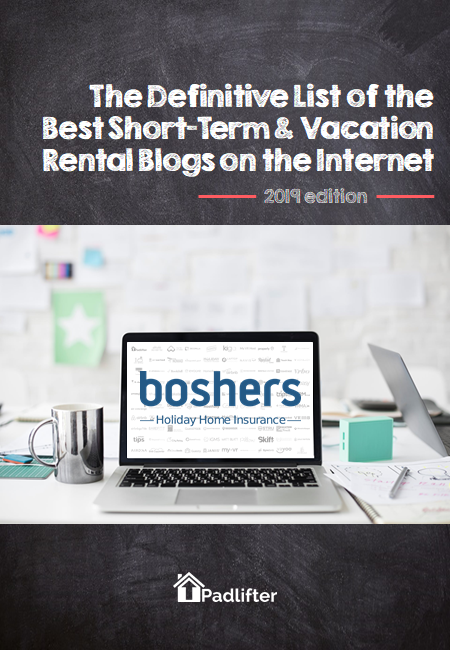


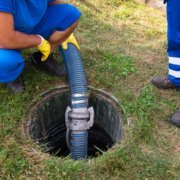
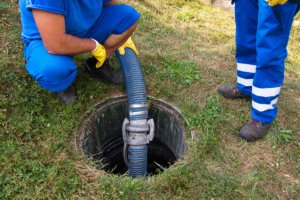 When you think about a
When you think about a 
 The government has recently announced (on 29th January 2019) that they intend to introduce new mandatory five-year electrical safety checks for privately rented homes throughout the UK. This move will require new electrical safety legislation to be drawn up. It comes after years of campaigning by consumer and safety groups following a number of tragic and fatal cases.
The government has recently announced (on 29th January 2019) that they intend to introduce new mandatory five-year electrical safety checks for privately rented homes throughout the UK. This move will require new electrical safety legislation to be drawn up. It comes after years of campaigning by consumer and safety groups following a number of tragic and fatal cases.
 Social media has changed the way in which many of us find and book our holidays; more and more potential paying guests are now finding their
Social media has changed the way in which many of us find and book our holidays; more and more potential paying guests are now finding their 
 With longer evenings and the busy
With longer evenings and the busy 
 Did you know that there are 14 billion spam emails sent across the world every day? With that sheer volume you’ll not be surprised if one or two pop into your own inbox each day!
Did you know that there are 14 billion spam emails sent across the world every day? With that sheer volume you’ll not be surprised if one or two pop into your own inbox each day!